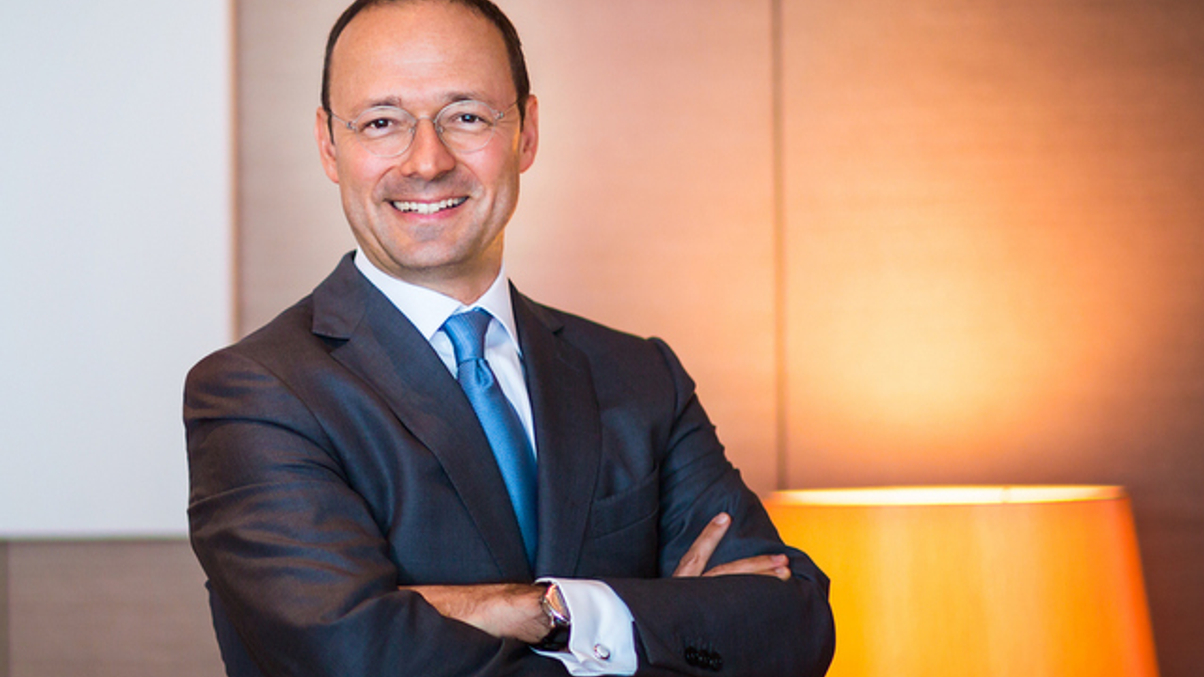Baring PE Asia chief flags challenges in China, India
But Jean Salata, founder and chief executive of Baring Private Equity Asia, also explains why he is optimistic on the two regional giants.

Hong Kong-based Baring Private Equity Asia has around $9 billion under management, 70 investment staff and seven offices across the region. It closed its sixth fund at $4 billion in February last year, and in January US-based fund house AMG bought a 15% stake in the firm.
Sign in to read on!
Registered users get 2 free articles in 30 days.
Subscribers have full unlimited access to AsianInvestor
Not signed up? New users get 2 free articles per month, plus a 7-day unlimited free trial.
¬ Haymarket Media Limited. All rights reserved.


